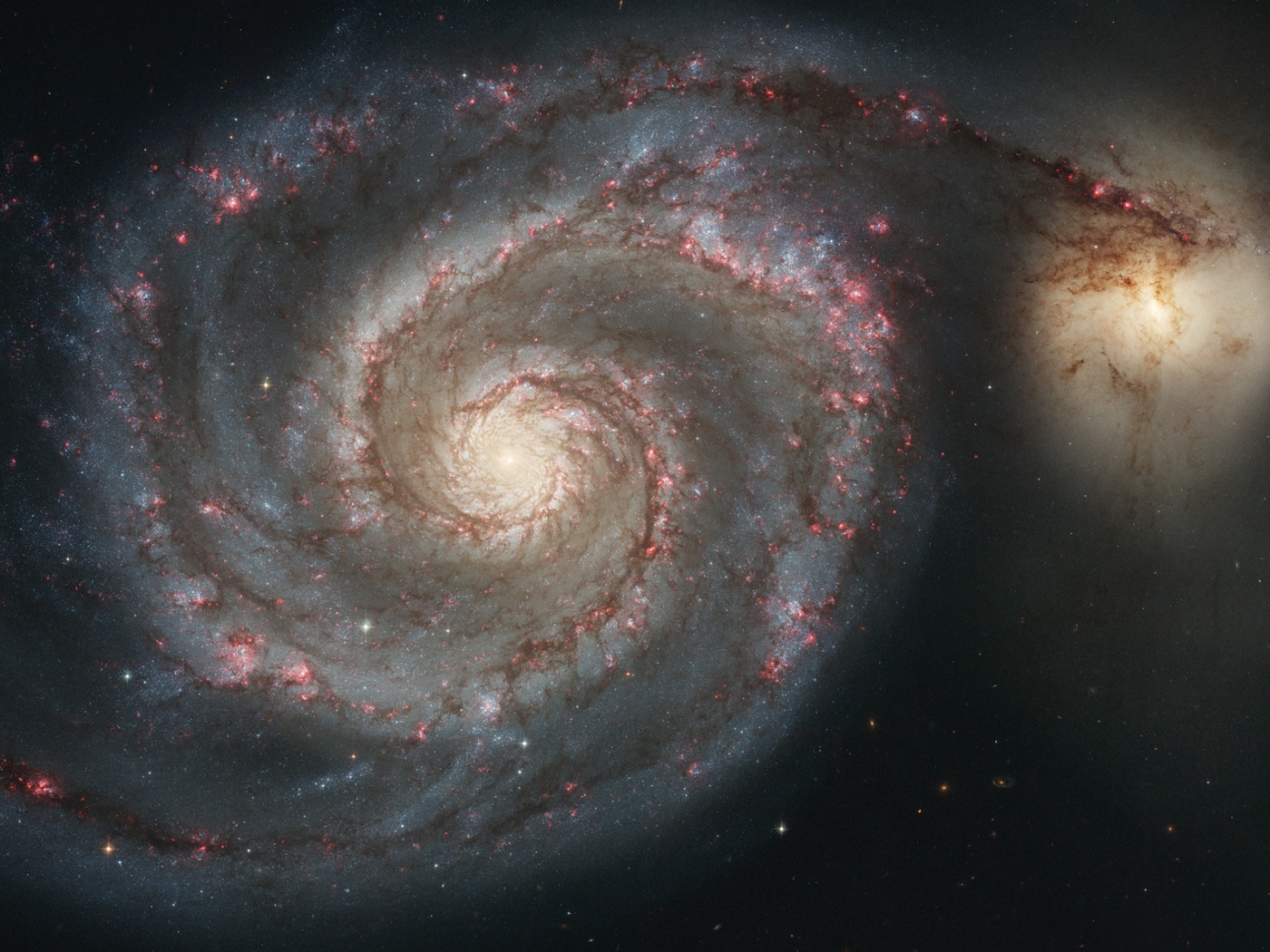Recent public health-related developments in America1-3 and in other countries1,4,5,6 have illustrated the need for balance in governmental interventions aimed at reducing the spread of the COVID-19 contagion.5-8
And the overall need for balance is now impacting yet another sector of America: environmental protection and natural resource conservation.9 Physical resources are limited, so this should not be surprising.
"EPA is committed to protecting human health and the environment, but recognizes challenges resulting from efforts to protect workers and the public from COVID-19 may directly impact the ability of regulated facilities to meet all federal regulatory requirements," EPA Administrator Andrew Wheeler said.9
The Environmental Protection Agency’s ongoing regulatory operations are being modified on a case-by-case basis. They juggle EPA personnel needs and resources, with the need to alleviate the struggling private sector’s compliance burdens (such as unfunded monitoring, record-keeping, and reporting). This is so agricultural and other businesses can focus on economically surviving daily challenges.9
When limited resources are prioritized, rival priorities compete. Consequently, if available governmental funds and forces are applied to solve an existing (or model-predicted) problem, those same government funds and forces cannot be simultaneously spent to solve other serious problems.9
Consider the need for recovering a healthy equilibrium for America’s crippled and bleeding national economy. A weakened economy hemorrhages in unemployment and social disruptions, ultimately translating as millions of human lives desperately needing a rescue.6,7 Millions have lost their jobs, compounding to affect millions more.
Yet, this need for balance is likewise true between environmental protection and resource conservation, especially natural resources needed to feed humans, their livestock, or other resources that are converted into food.10
Why? Because protecting food-producing components of creation impacts food supplies for both present and future generations.10,11
An example of conservation stewardship value is illustrated in Deuteronomy, the final book of Moses.
This deserves some extra thought. Scripture has relevance to the frenzy and fear that all-too-often drives social and political trends within today’s coronavirus-reactive world. Even during a time of crisis, such as a time of war, a big-picture balance needs to be retained.12
The Genesis Mandate to “have dominion” over the earth and care for it encompasses future generations.13 Historically speaking, we are not the only generation to see and suffer an epidemic or pandemic, nor shall we be the last.
People yet unborn, valuable to God, shall have basic needs too.10-12
References
1. Tomkins, J. New York COVID-19 Infections Derived from Europe. COVID-19 News. Posted on ICR.org April 17, 2020, accessed April 28, 2020.
2. Guliuzza, R. J. 2020. Are COVID-19 Deaths Natural Selection? COVID-19 News. Posted on ICR.org April 19, 2020, accessed April 28, 2020.
3. Johnson, J. J. S. Hot Fudge Sundaes and Cherry Picked Statistics. COVID-19 News. Posted on ICR.org April 19, 2020, accessed April 28, 2020.
4. Sherwin, F. Sweden’s Herd Immunity. COVID-19 News. Posted on ICR.org April 22, 2020, accessed April 28, 2020.
5. Johnson, J. J. S. Will Norway Invade Privacy by Reversing Continuous Tracking? COVID-19 News. Posted on ICR.org April 9, 2020, accessed April 28, 2020.
6. In just one week American unemployment claims increased pathetically. Compare Rushe, D., and M. Sainato. U.S. Unemployment Rises 6.6M in a Week as Coronavirus Takes its Toll: Latest Figures Show 16 Million People Have Now Lost their Jobs, with Layoffs Spreading Across the Economy. The Guardian. Posted on theguardian.com April 9, 2020, accessed April 28, 2020. Long, L. U.S. Now has 22 Million Unemployed, Wiping Out a Decade of Job Gains. The Washington Post. Posted on washingtonpost.com April 16, 2020, accessed April 28, 2020. Although the numbers will increase before this article goes to press, WP writer Heather Long reported, “More than 22 million Americans have filed for unemployment aid since President Trump declared a national emergency, a staggering loss of jobs that has wiped out a decade of employment gains and pushed families to line up at food banks as they await government help. The United States has not seen this level of job loss since the Great Depression, and the government [sic] is struggling to respond fast enough to the deadly coronavirus health crisis and the widespread economic pain it has triggered.”
7. Haberman, M. and D. E. Saner. Trump Says Coronavirus Cure Cannot ‘Be Worse Than the Problem Itself.’ The New York Times. Posted on nytimes.com March 23, 2020, accessed April 28, 2020.
8. Johnson, J. J. S. Balancing High Risks: Learning from Mountain Goats. COVID-19 News. Posted on ICR.org April 23, 2020, accessed April 28, 2020.
9. Cox, J. 2020. EPA’s Cutback of Enforcement amid Coronavirus Draws Criticism. Chesapeake Bay Journal. 30(2): 20.
10. Deuteronomy 22:6-7 illustrates—with the example of wild birds—how a conservative approach to harvesting wildlife, at the population level, benefits both the human hunters and the wild prey that they eat.
11. See Psalm 102:18. See also Johnson, J. J. S. 2014. People Yet to Be Created. Acts & Facts. 43(11):20.
12. Deuteronomy 20:19-20 prohibits unrestrained deforestation, even during wartime, when martial law preempts many of the usual laws and rules.
13. Genesis 1:28.
*Dr. Johnson is Associate Professor of Apologetics and Chief Academic Officer at the Institute for Creation Research.









